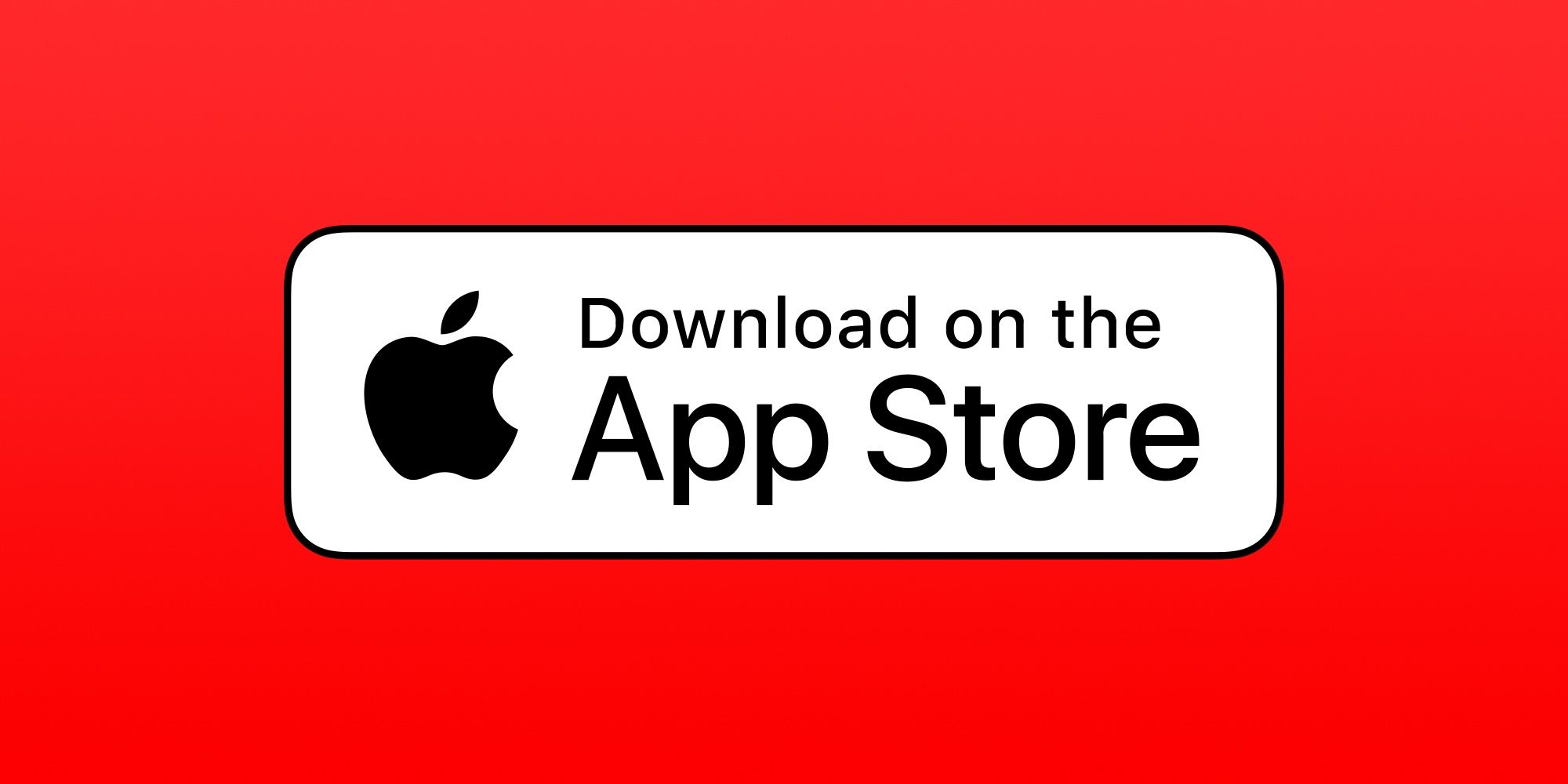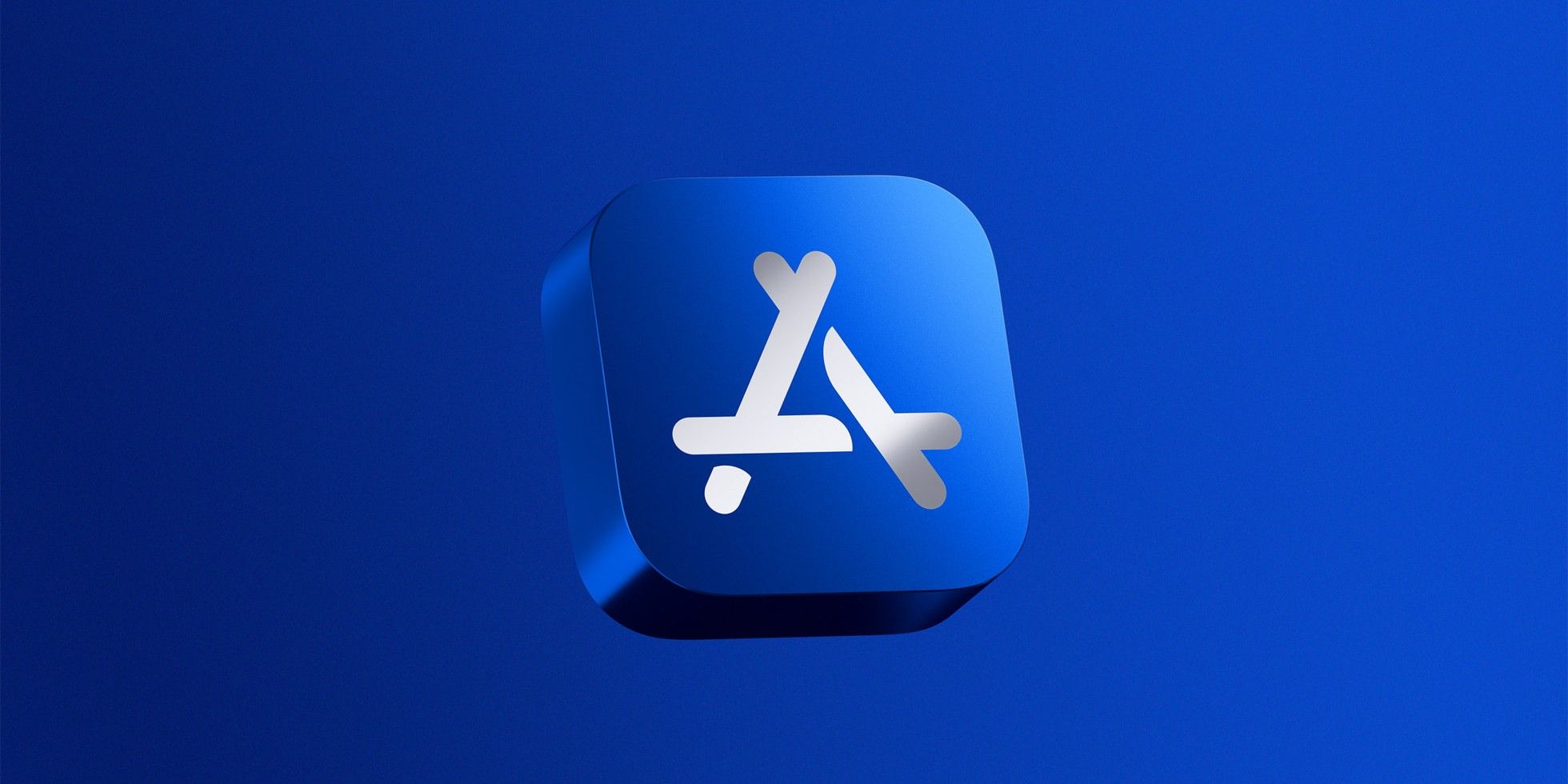Apple has faced heated criticism for its 30 percent App Store revenue split over the years, with the latest complaints coming from Twitter owner Elon Musk. People from just about every part of the technology industry have questioned Apple's split of revenue, including users, developers, and politicians. But despite all the inquisition, no person or entity has been able to topple the "Apple tax," as some call it. Through government antitrust hearings and civil class-action lawsuits, Apple's tax on the App Store has been upheld in United States courts.
In the past, popular apps have tried to thwart Apple's App Store Review Guidelines, hoping that their public status would allow them to break the company's rules. The most notable of these apps was Fortnite, the popular battle royale game developed by Epic Games, which intentionally evaded Apple's revenue split by accepting direct in-app purchase payments. Fortnite was swiftly banned from the App Store, and at the time, was one of the most popular games in the world. Epic Games sued Apple over the revenue split in a U.S. District Court, but lost nine out of 10 challenges. Apple even lodged a counter suit alleging a breach of contract. Though appeals are still in motion, it appears that Apple's App Store tax is here to stay.
Apple's revenue split on the App Store, that sees developers take 70 percent of all revenue and Apple claiming 30 percent, was brought up by Elon Musk in a series of tweets. "Did you know Apple puts a secret 30 percent tax on everything you buy through their App Store?," Musk claimed. Musk's choice of words, which calls Apple's revenue split "a secret," is far from the truth. Former Apple CEO Steve Jobs announced the App Store revenue split at a keynote in 2008 — before the App Store even debuted. Each developer that chose to list their app on the App Store did so knowing that Apple would claim 30 percent of the revenue from sales.
Apple's Revenue Split Is Public Knowledge
For a full year after the first iPhone debuted, there was no App Store, and thus no way to install third-party apps. It wasn't until iPhoneOS 2 (which later became iOS) added support for an App Store, that Jobs took to the stage to explain the platform's guidelines. "The App Store is going to be the exclusive way to distribute iPhone applications," Jobs said in the keynote. From the start, Apple never planned on providing third-party methods for installing apps on iOS. Since Apple owns both the App Store and the iPhone, it has complete control over how apps are distributed.
After outlining the company's intention behind the App Store, Jobs explained what he called "the deal." Though developers could set their own prices, Apple would take a share of revenue from paid apps. "When we sell the app through the App Store, the developer gets 70 percent of the revenue," Jobs said. "We keep 30 percent to keep running the App Store." Apple hosts apps on the App Store, covers any credit card fees, and markets apps to users. There is also no fee for free apps to be distributed on the App Store, and apps can earn revenue in other ways, like through ads within an app. Contradictory to Musk's claims, Apple's revenue split on the App Store was never a secret, and has been public knowledge since before it even went live in 2008.


